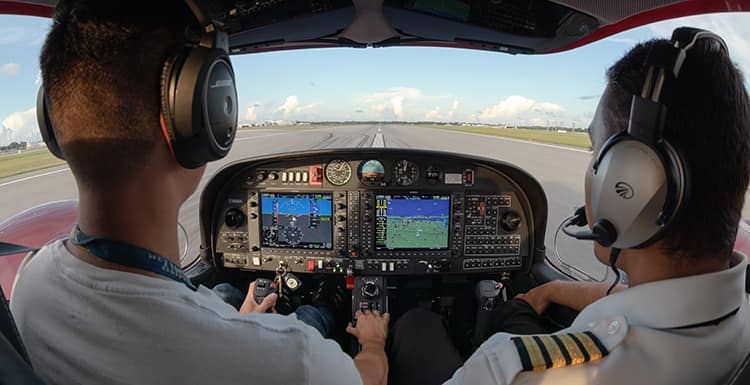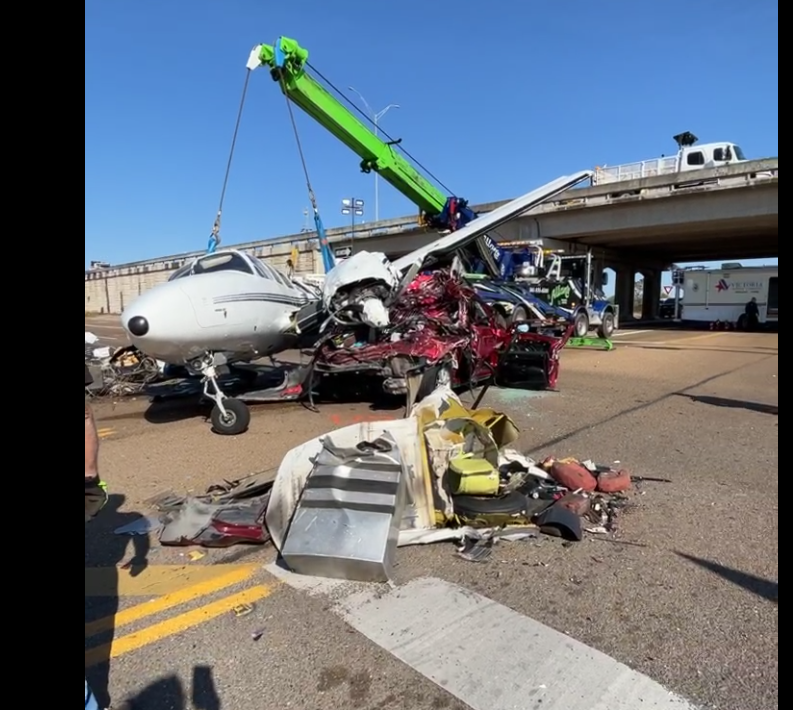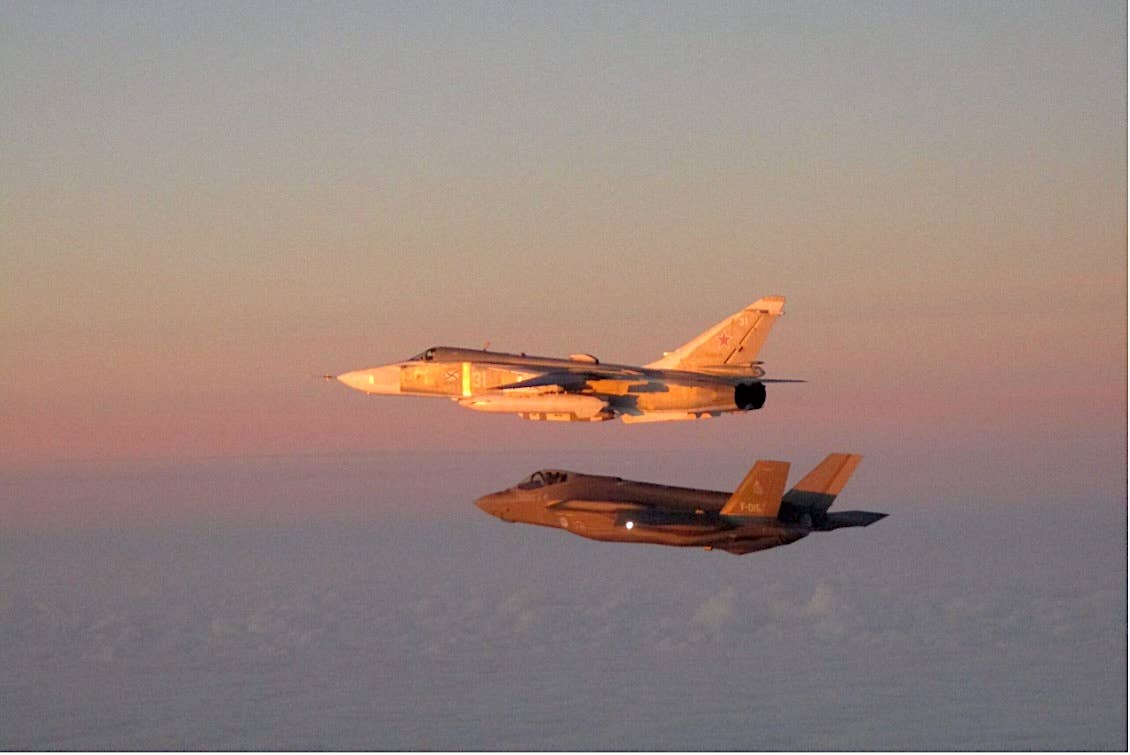Embry-Riddle Doing $1 Million Pilot Skills Study
The FAA has given Embry-Riddle a $1 million grant to study how pilots fly and think at the same time. According to a university news publication, the goal is to…

The FAA has given Embry-Riddle a $1 million grant to study how pilots fly and think at the same time. According to a university news publication, the goal is to develop training methods that efficiently meld all the motor skills and brain work necessary to safely and efficiently operate an aircraft. “This work aims to bring pilot training and operational performance to a new level,” said ERAU Associate Professor Dr. Barbara Holder. “It has the potential to make training more effective and efficient, especially for new pilots.”
All pilots are taught the basic manual skills of flying an airplane and those are relatively simple to grade. The more esoteric requirements for staying ahead of the airplane are tougher to measure. “The FAA wants airline operators to ensure that pilots are equally proficient in technical flying skills, such as hand-flying and autopilot operations, and non-technical skills,” said Holder. “Pilots employ both technical and non-technical skills together to perform effective and safe Flight Path Management (FPM) and, therefore, effective training and assessment of both is necessary.”
Holder and her researchers will partner with three domestic airlines and one international carrier to create a baseline of current skills and assessment methods and see how they can be improved. “My personal goal is to create an assessment methodology that’s effective, efficient and reliable, that integrates technical and nontechnical skills, and that represents how the practice of flying is performed when it is done well in real-world flight operations,” said Holder. The study is expected to last three years.






